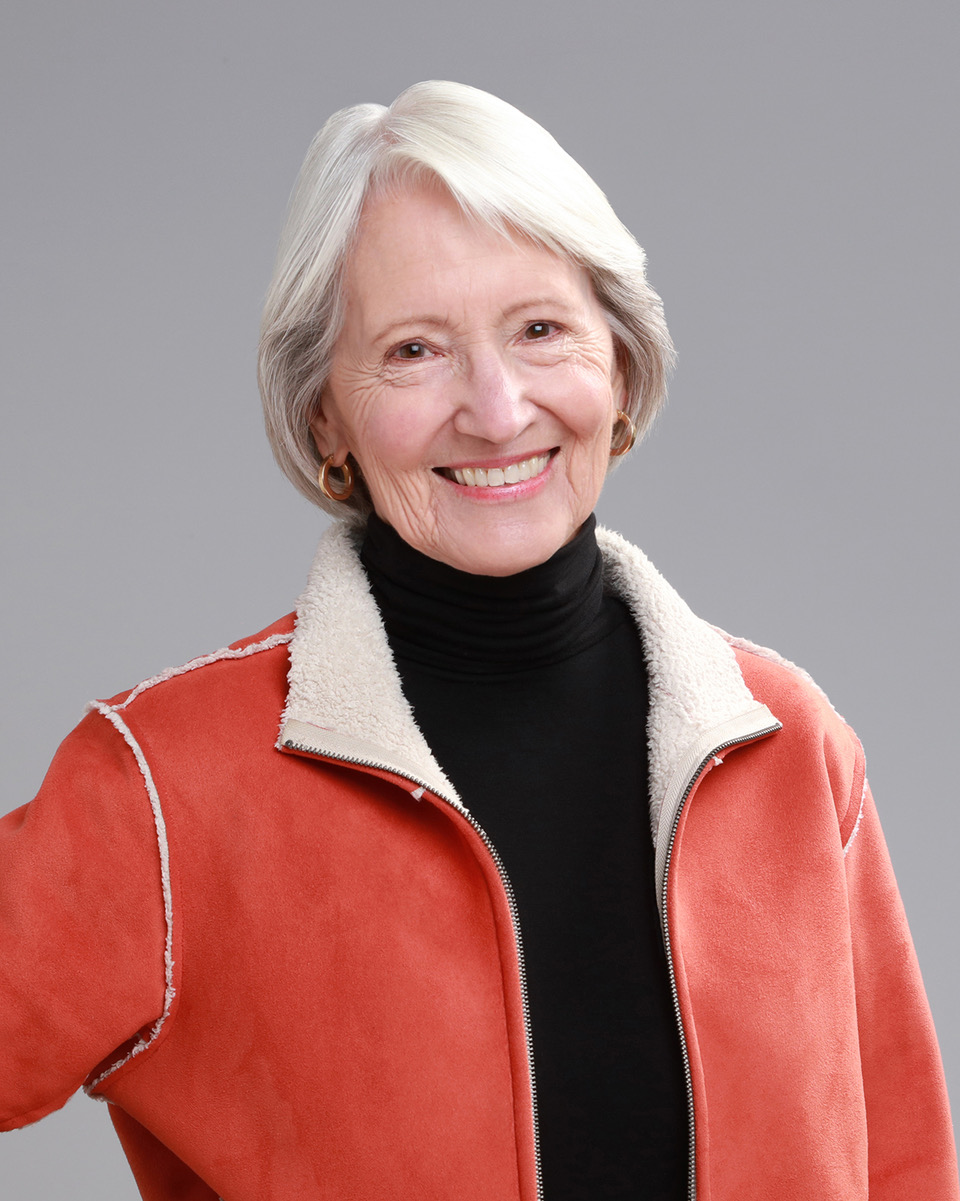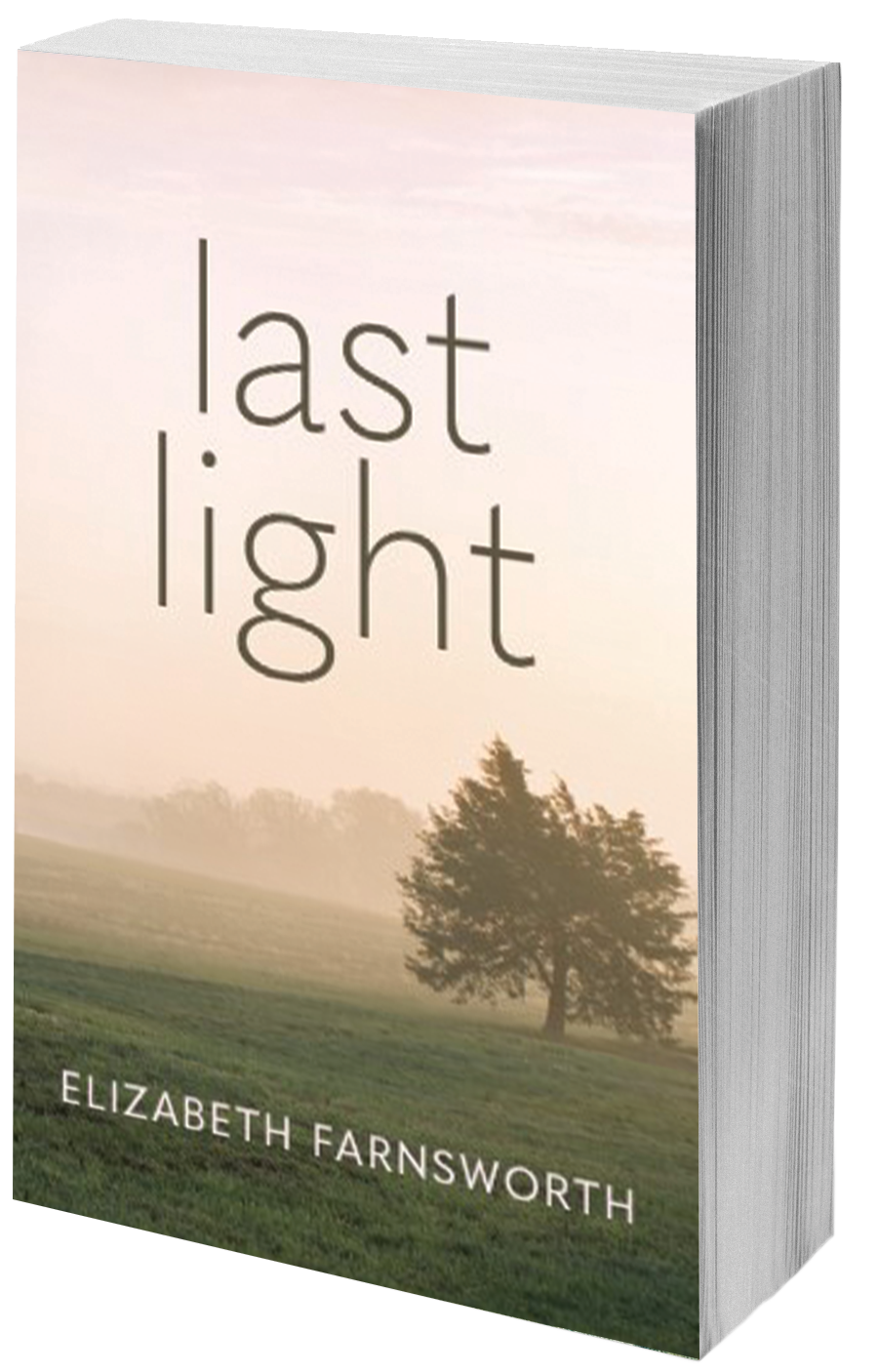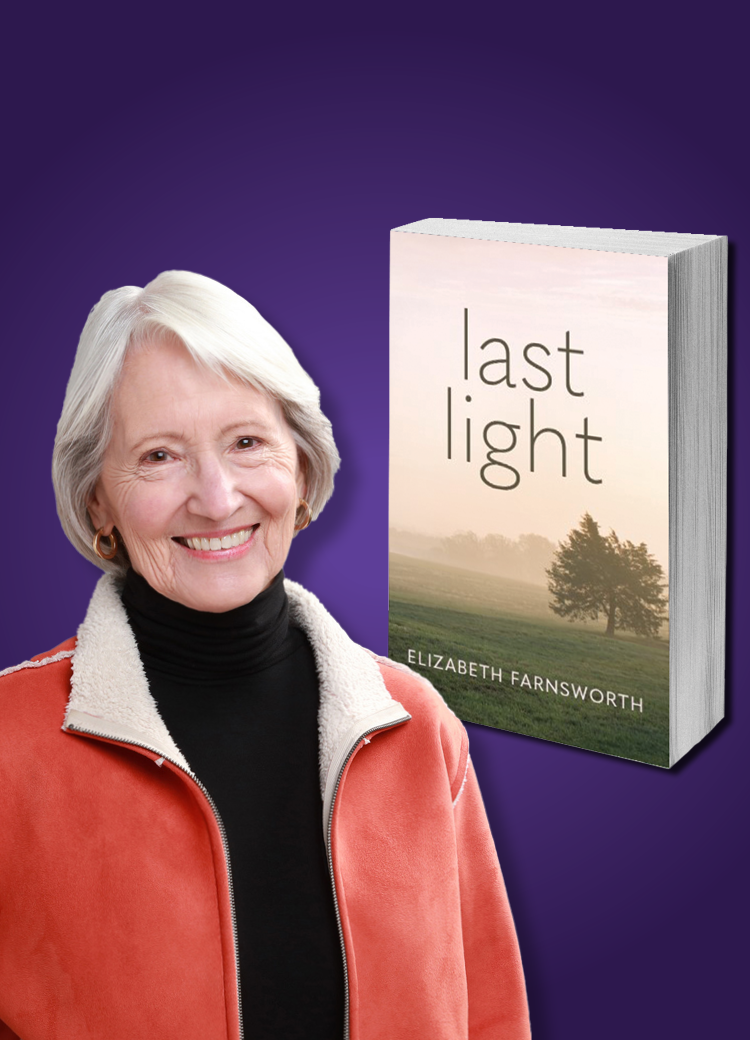Author Profile: Elizabeth Farnsworth
content
 Journalist, author and Topeka native Elizabeth Farnsworth will launch her first novella at the library Sun, April 21, 2-3:30pm, Marvin Auditorium. Last Light is a work of historical fiction based in the beautiful Flint Hills and inspired by true events and the author’s own childhood memories.
Journalist, author and Topeka native Elizabeth Farnsworth will launch her first novella at the library Sun, April 21, 2-3:30pm, Marvin Auditorium. Last Light is a work of historical fiction based in the beautiful Flint Hills and inspired by true events and the author’s own childhood memories.
Farnsworth is also a documentary filmmaker and former chief correspondent of the PBS NewsHour. She has written for publications ranging from The Nation Magazine to Foreign Policy. She published her memoir A Train Through Time: A Life Real and Imagined in 2017.
In preparation for her visit, I asked Farnsworth a few questions.
Q & A with Elizabeth Farnsworth
What inspired you to write Last Light?
 Last Light was born one day when I was working at my desk in Berkeley, California. Suddenly, I saw before me a young woman on horseback staring through a barbed wire fence at a man in a nearby building staring back at her through a barred window. That vision developed into my novella about a young woman who becomes an interpreter for injured German prisoners of war at a fictional U.S. Army hospital west of Topeka during World War II. Tens of thousands of prisoners of war were incarcerated in this country then, and those who were injured or ill were treated at U.S. Army hospitals. The young woman on the horse will be tasked with learning the real identity of a mysterious POW who may be an imposter. Trouble will follow.
Last Light was born one day when I was working at my desk in Berkeley, California. Suddenly, I saw before me a young woman on horseback staring through a barbed wire fence at a man in a nearby building staring back at her through a barred window. That vision developed into my novella about a young woman who becomes an interpreter for injured German prisoners of war at a fictional U.S. Army hospital west of Topeka during World War II. Tens of thousands of prisoners of war were incarcerated in this country then, and those who were injured or ill were treated at U.S. Army hospitals. The young woman on the horse will be tasked with learning the real identity of a mysterious POW who may be an imposter. Trouble will follow.
I loved growing up in Topeka and have included many aspects of my own childhood in the story. The interpreter, Isabelle Graham, grew up on Greenwood Street in the house where my grandparents lived. My sister kept a horse named Flag at a pig farm west of town. The horse of Isabelle Graham is inspired by Flag. As very small children, my cousin and I had a hide-out on Quinton Hill, and so did Isabelle and her fictional cousin, an important character in Last Light. Several of the people in my book were inspired by real people, some of whom will, I hope, be in the audience at the library when I speak about the book.
What do you love most about exploring Kansas history?
My mother’s great grandparents came to the state in the early 1850s as abolitionists, and I have long been fascinated by “Bleeding Kansas.” I have files of information about those ancestors and also some knowledge about my father’s grandparents who came to Topeka after being “blizzarded out,” as they described it, in the Dakotas later in the 1800s. I had a very good history teacher at both Capper Junior High School and Topeka High (Mr. Pringle) and majored in history in college and graduate school. I am fascinated by the inescapable influence of the past on all of us. I feel fortunate to have found a topic that allowed me to combine fiction and history and grateful to the Kansas State Historical Society for providing the sources I needed to make my story credible.
What is one of the books you remember loving as a child?
My mother, Jane Mills, who died when I was 9, read the Oz books to me until I could read them myself. I loved them so much I included passages from Tik Tok of Oz in my memoir, Train Through Time, from which I read at the Topeka library in 2017.
Who is your favorite book character and why?
This is a tough question. I’ll name two: Dorothy in The Wizard of Oz and the writer Stefan Zweig in his memoir The World of Yesterday. Zweig is a character in Last Light, as the reader will discover early in the book.
What do you love most about Topeka?
I return to Topeka often to visit friends and family and also to visit graves. I love the forsythia of early spring and the peonies that follow. I love bird song in Topeka, which is louder and more insistent than in Berkeley, where I live now. I love prairie and am grateful to have as cover of my novella part of a remarkable scene captured by my friend, the noted prairie-photographer Terry Evans. I love Bobo’s. Finally, I love reading, which, as a Topekan, meant and still means that I love the library. I look forward to being there again soon to read from Last Light.















